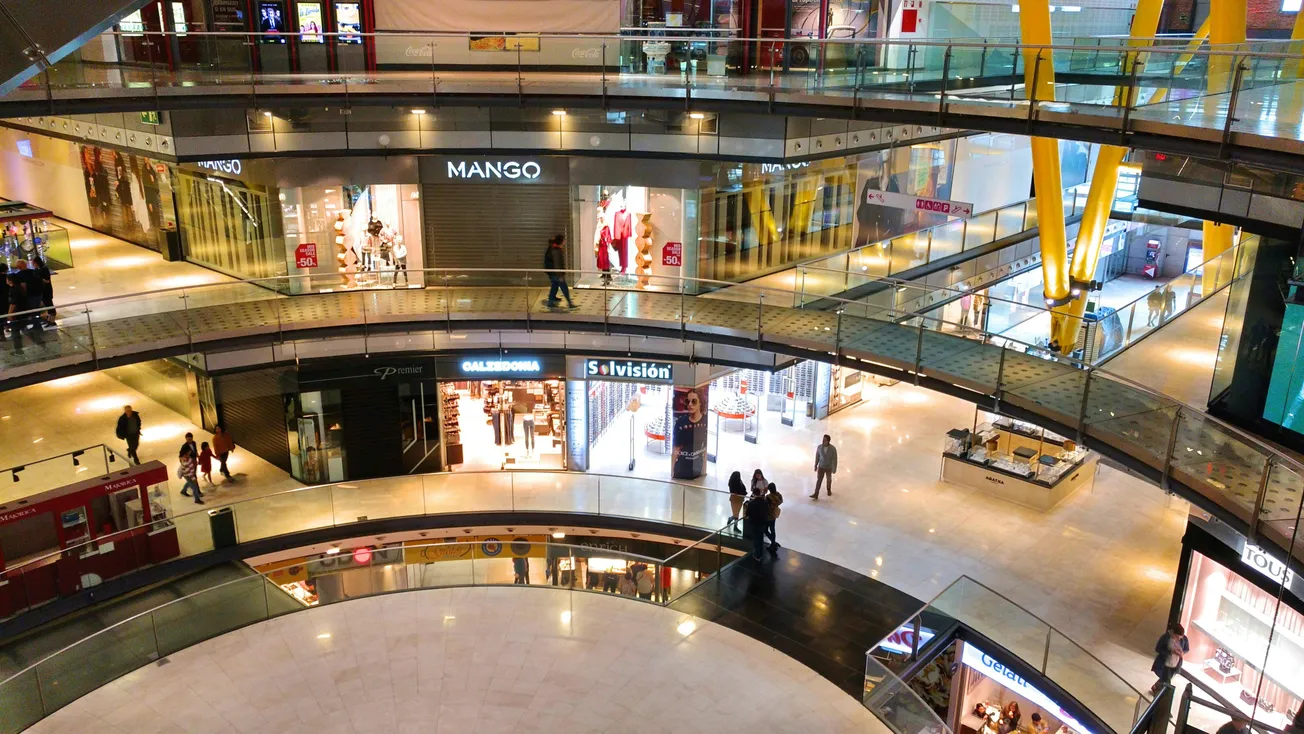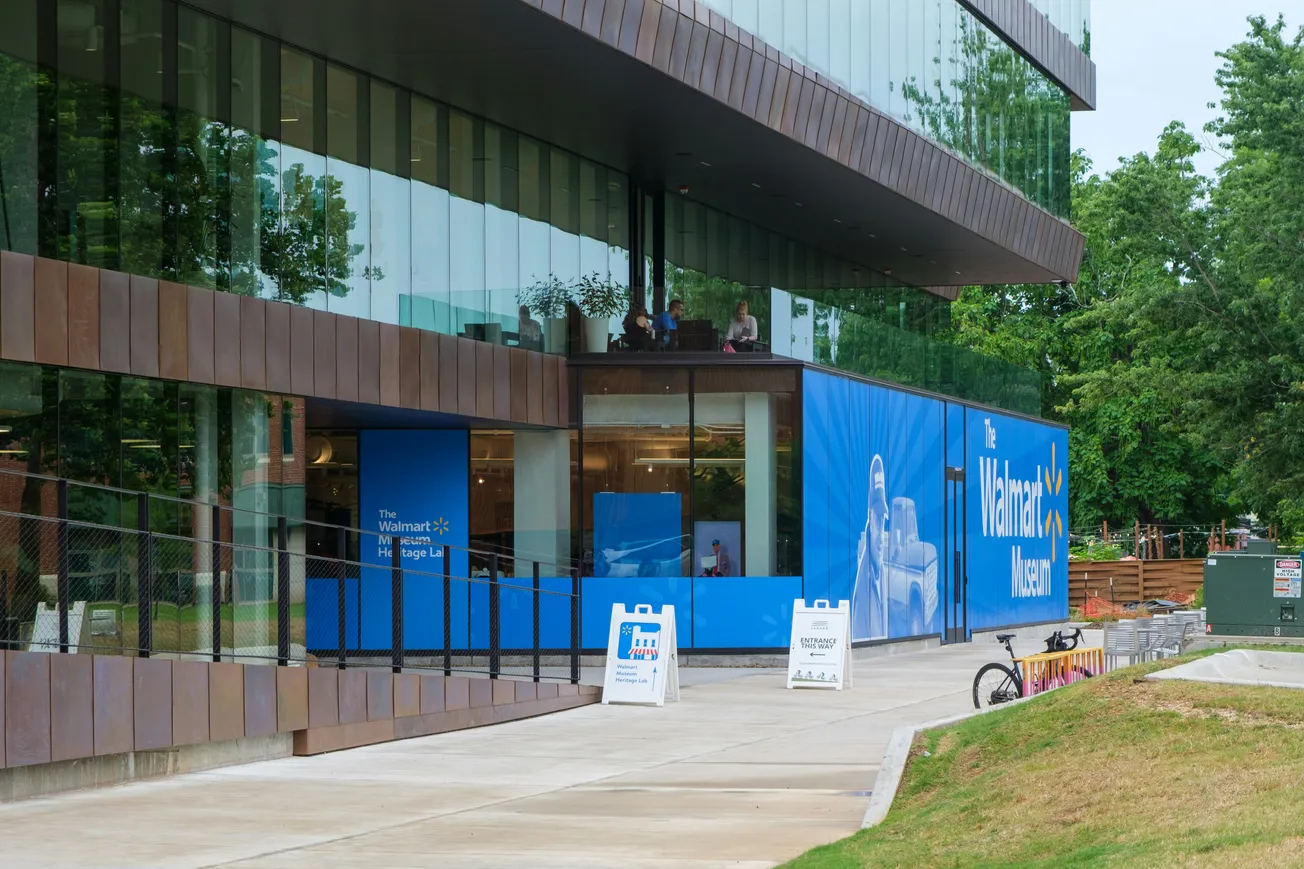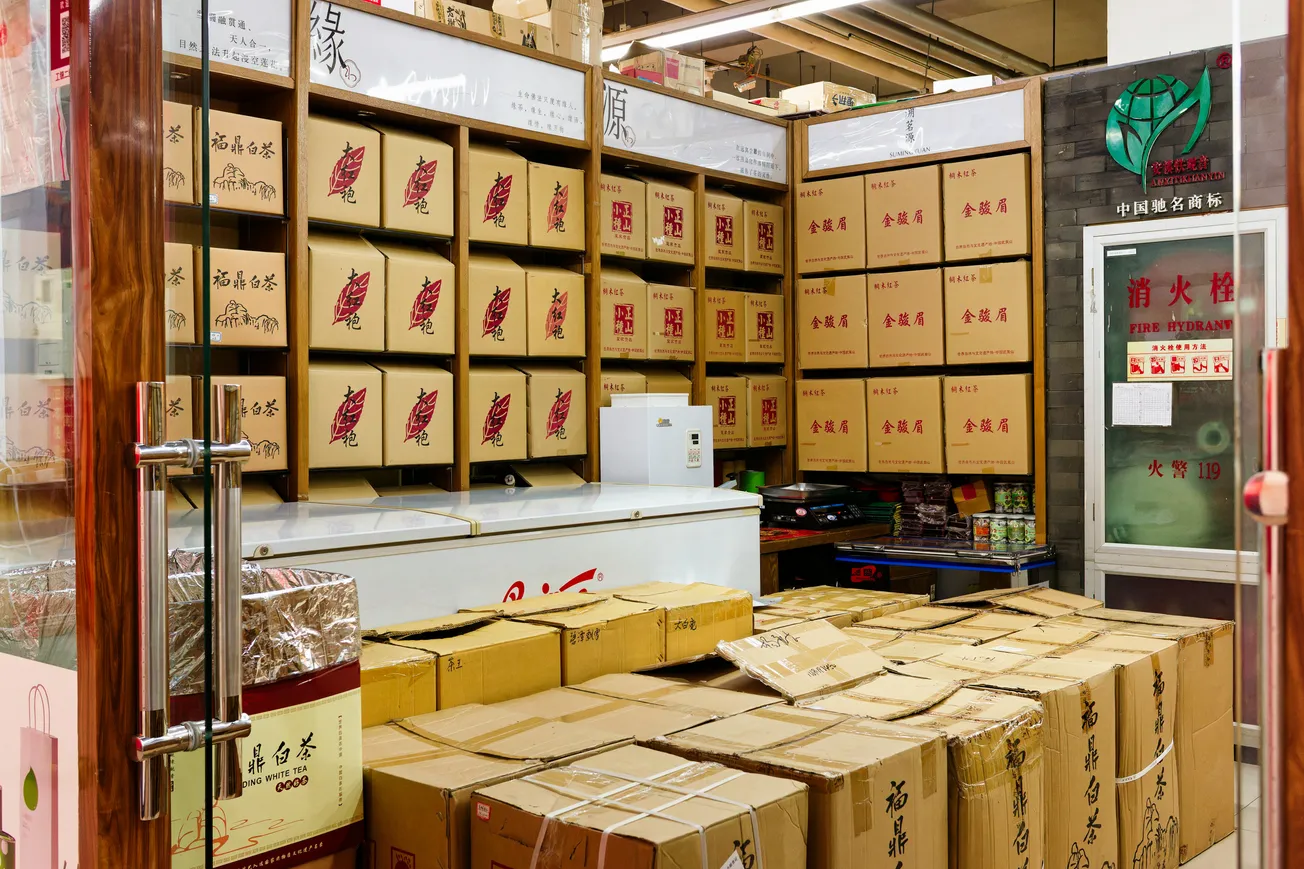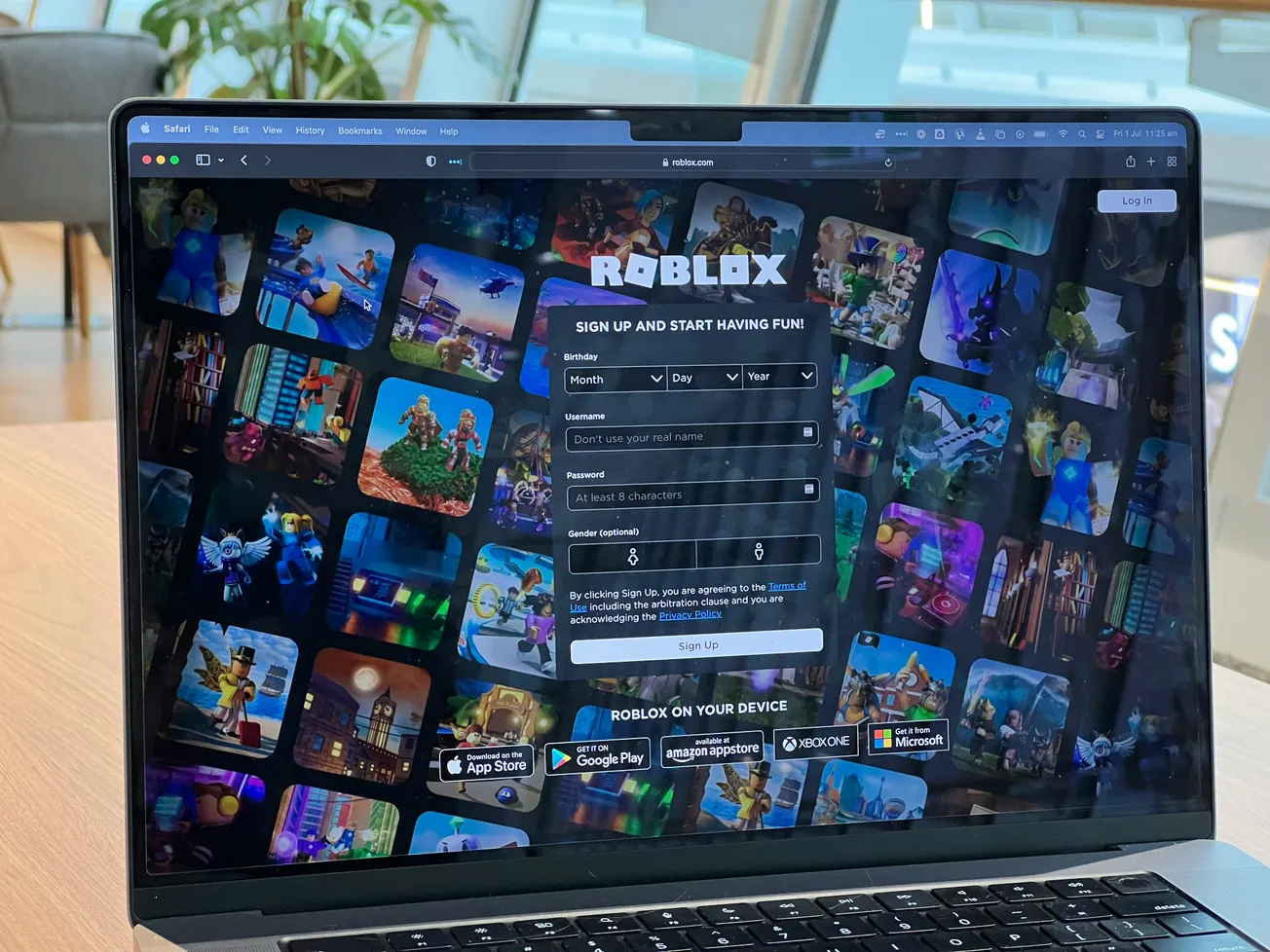The Day That Changed Everything
September 11, 2001, reshaped America in countless ways, from national security to personal identity. For retail, the immediate aftermath highlighted vulnerabilities in supply chains, consumer confidence and workforce well-being.
Stores closed, shipments stalled and shoppers hesitated. Yet, from those disruptions emerged lessons in resilience and adaptation that continue to echo across the retail industry in the 2020s.
Building Supply Chain Security
After 9/11, retailers faced heightened scrutiny of imports, new security protocols at ports and stricter compliance standards. Two decades later, those measures form the backbone of today’s supply chain resilience strategies.
The 2020s have tested those systems with global shocks – from the pandemic to tariff wars – but the focus on transparency, traceability and contingency planning owes much to the post-9/11 era.
Consumer Behavior and Trust
The attacks accelerated a shift in how consumers viewed safety and trust. Just as travelers adapted to new airport protocols, shoppers adjusted to security presence in malls and big-box stores.
In the 2020s, that dynamic reemerged during COVID-19, when sanitation, touchless checkout and health policies became part of the customer experience. Retailers that communicated clearly and prioritized customer safety – both physical and digital – won loyalty.
Workforce and Well-Being
For retail workers, 9/11 underscored the importance of human-centered policies. Employees suddenly needed support for trauma, flexibility and reassurance in uncertain times.
Fast-forward to the 2020s, and those same themes drive conversations around burnout, mental health and frontline recognition. Retailers today balance efficiency with empathy, recognizing that resilience is as much about people as it is about systems.
Omnichannel as a Legacy of Disruption
In the years following 9/11, retailers began investing more heavily in digital infrastructure, both to diversify revenue and reduce vulnerability. Two decades later, omnichannel retail – blending in-store, online and mobile shopping – defines the industry. The push for redundancy, flexibility and customer choice reflects a broader lesson: resilience requires adaptability.
A Lasting Legacy of Preparedness
As the nation marks more than two decades since 9/11, retailers continue to operate in a world shaped by that tragedy. The lessons of preparedness, trust and adaptability remain central to navigating the disruptions of the 2020s.
In honoring the resilience shown then, the retail industry continues to apply those values today, ensuring that stores, supply chains and communities remain strong, even in the face of uncertainty.








